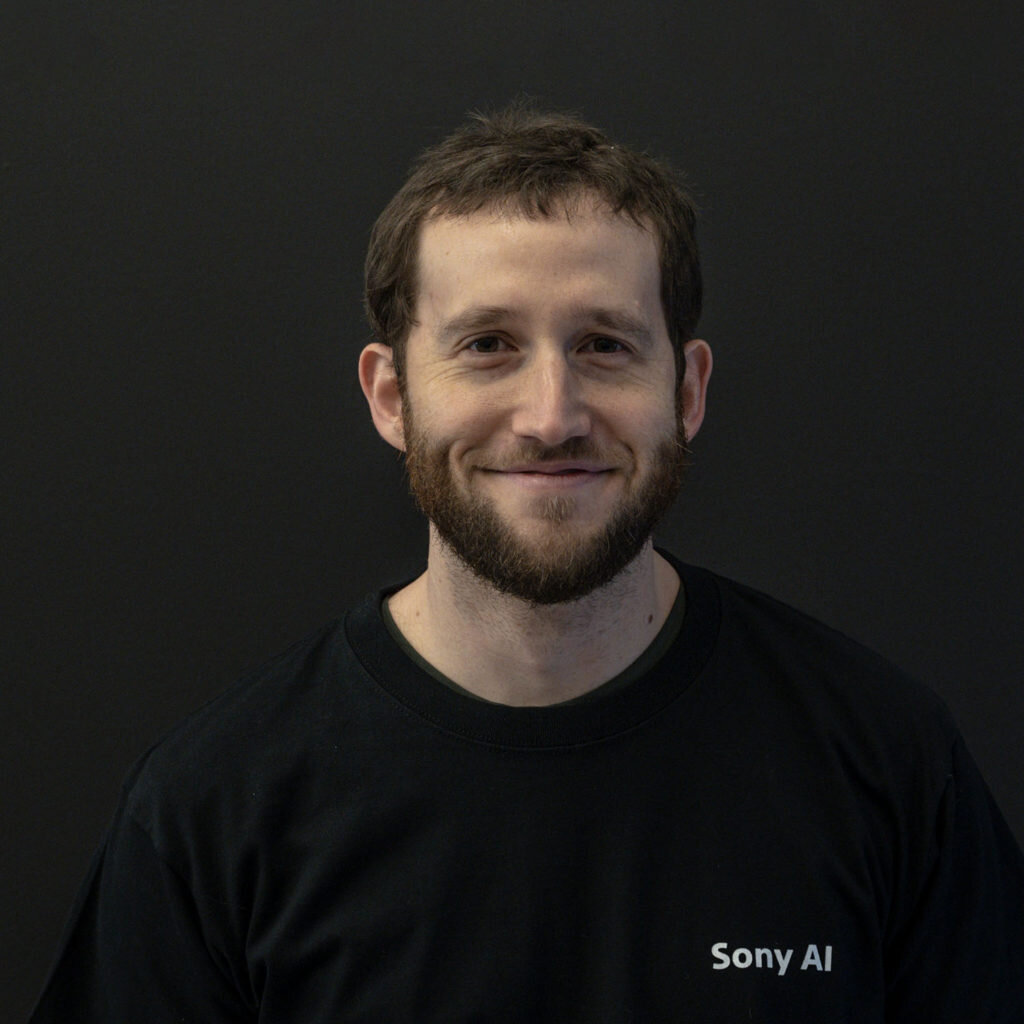Speakers
Invited Speakers
KEYNOTES
- Ginevra Castellano, Uppsala University, Sweden

Ginevra Castellano is a Professor in Intelligent Interactive Systems at the Department of Information Technology, Uppsala University, where she leads the Uppsala Social Robotics Lab. Her research interests are in the areas of social robotics and human-robot interaction, and include social learning, personalized adaptive robots, multimodal behaviours and robot ethics. She has published more than 100 research papers on these topics. She was the coordinator of the EU FP7 EMOTE (EMbOdied-perceptive Tutors for Empathy-based learning) project (2012–2016). She was the recipient of a Swedish Research Council Starting Grant (2016–2020). She is the PI for Uppsala University of several EU and national research projects, including, among others, the EU Horizon 2020 ANIMATAS (Advancing intuitive human-machine interaction with human-like social capabilities for education in schools; 2018-2021) project, the COIN (Co-adaptive human-robot interactive systems) project, funded by the Swedish Foundation for Strategic Research (2016–2021), and the project “The ethics and social consequences of AI & caring robots. Learning trust, empathy and accountability” (2020-2024), supported by the Marianne and Marcus Wallenberg Foundation, Sweden, in the WASP-HS program (Wallenberg AI, Autonomous Systems and Software Program– Humanities and Society). Castellano was a General Chair at IVA 2017 and will be a General Chair at HRI 2023. She is an Associate Editor of Frontiers in Robotics and AI and the ACM Transactions on Human-Robot Interaction. Castellano is the recipient of the 10-Year Technical Impact Award at the ACM International Conference on Multimodal Interaction 2019 and the Frontiers in Robotics and AI 2021 Outstanding Associate Editor Award.
- Vincenzo Lomonaco, University of Pisa

Vincenzo Lomonaco is an Assistant Professor at the University of Pisa, Italy and Co-Founding President of ContinualAI, a non-profit research organization and the largest open community on Continual Learning for AI. He also serves as a Co-founder and Board Member of AI for People, Director of the ContinualAI Lab and a proud member of the European Lab for Learning and Intelligent Systems (ELLIS)
PANELISTS
- Sam Barrett, Sony AI

Sam joined Sony AI in 2019 as a senior research scientist, when Sony AI acquired Cogitai. Sam works on combining artificial intelligence and games using reinforcement learning. He previously worked at Amazon Robotics using AI to improve the performance of the robotics system inside Amazon’s warehouses. He received his Ph.D. thesis at the University of Texas at Austin in October 2014. His dissertation examined the problem of ad hoc teamwork and cooperating with unknown teammates by exploiting previously learned knowledge. In addition, he helped the UT Austin Villa team win the 2012 international RoboCup competition in the standard platform league (SPL). Before joining UT, Sam received his B.S. in computer science from Stevens Institute of Technology in May 2008.
- Ben Burchfiel, Toyota Research Institute

Benjamin Burchfiel is a Research Scientist at Toyota Research Institute where he serves as Technical Team Lead for the Robot Lifelong Learning Project. His work explores the intersection of robotics, computer vision, simulation, and machine learning to create robots capable of adapting to changes in their surroundings. Benjamin holds a BSc from the University of Wisconsin-Madison and an MSc and PhD from Duke University. Prior to his time at TRI, he was a postdoctoral researcher at Brown University. Benjamin was also a member of the Duke University Amazon Picking Challenge team and has interned at MIT and Aurora Innovation.
- Kate Darling, MIT Media Lab

Dr. Kate Darling is a Research Specialist at the MIT Media Lab and author of The New Breed: What Our History with Animals Reveals about Our Future with Robots. Her interest is in how technology intersects with society. Kate’s current work looks at the near-term effects of robotic technology, with a particular interest in law, social, and ethical issues. She has also explored economic issues in intellectual property systems. She runs experiments, holds workshops, writes, and speaks about some of the more interesting developments in the world of human-robot interaction, and where we might find ourselves in the future.
- Kerstin Dautenhahn, University of Waterloo

Since August 2018 Kerstin Dautenhahn has been Canada 150 Research Chair in Intelligent Robotics at University of Waterloo in Ontario, Canada. She is director of the Social and Intelligent Robotics Research Laboratory (SIRRL). The main areas of her research are Human-Robot Interaction, Social Robotics, Assistive Technology and Artificial Life. Prof. Dautenhahn is on the Advisory Board of the journal AI and Society (Springer). She is a IEEE Fellow, member of ACM, and a Lifelong Fellow of AISB, as well as a member of the Executive Board of the International Foundation for Responsible Robotics. Since 2006 she has been part of the Standing Steering Committee of the IEEE conference RO-MAN (Human and Robot Interactive Communication).
- Natasha Jaques, Google / UC Berkeley

Natasha Jaques holds a joint position as a Senior Research Scientist at Google Brain and Visiting Postdoctoral Scholar at UC Berkeley. Her research focuses on Social Reinforcement Learning in multi-agent and human-AI interactions. Natasha completed her PhD at MIT, where her thesis received the Outstanding PhD Dissertation Award from the Association for the Advancement of Affective Computing. Her work has also received Best Demo at NeurIPS, an honourable mention for Best Paper at ICML, Best of Collection in the IEEE Transactions on Affective Computing, and Best Paper at the NeurIPS workshops on ML for Healthcare and Cooperative AI. She has interned at DeepMind, Google Brain, and was an OpenAI Scholars mentor. Her work has been featured in Science Magazine, Quartz, IEEE Spectrum, MIT Technology Review, Boston Magazine, and on CBC radio. Natasha earned her Masters degree from the University of British Columbia, and undergraduate degrees in Computer Science and Psychology from the University of Regina.